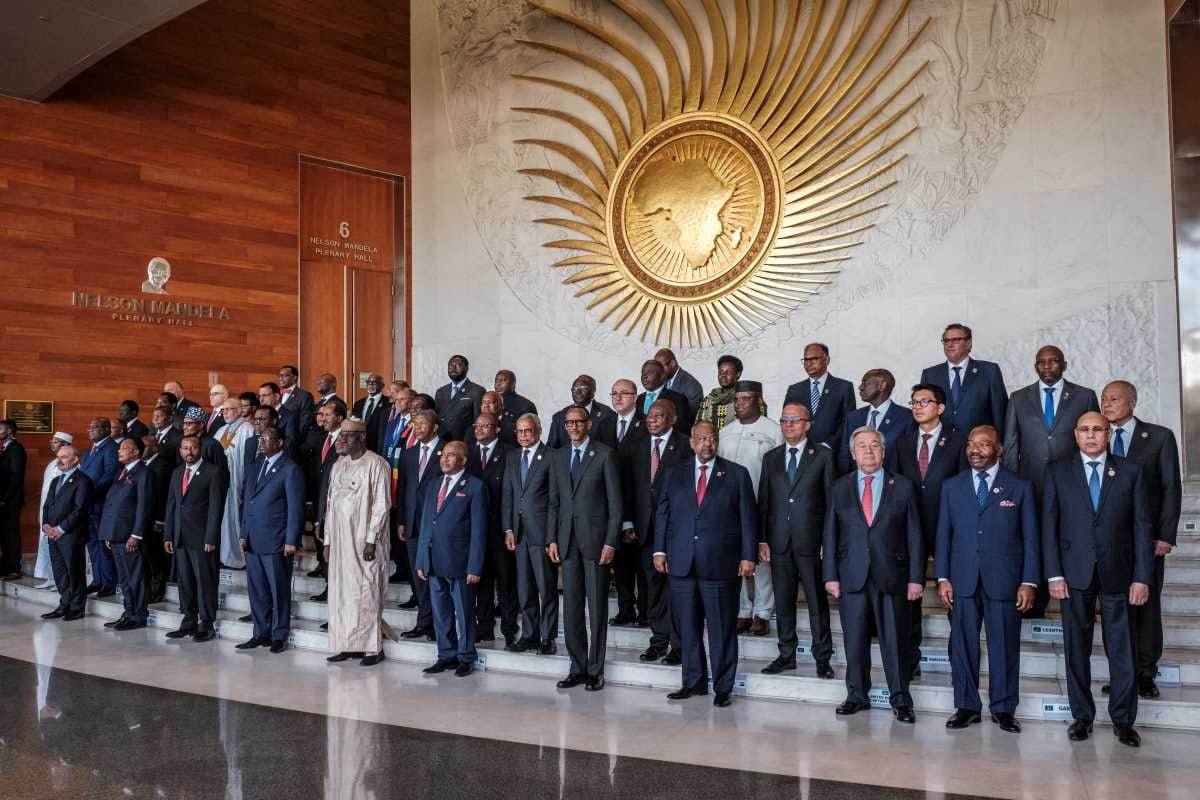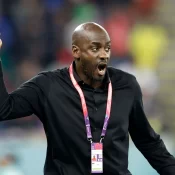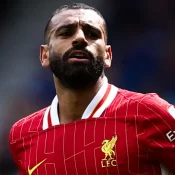
African Union specifies August 6 as the deadline for applications to the Commission
The African Union has given candidates for the next contest to submit their applications or withdraw in favor of rivals in order to compete for the chairperson and deputy positions of the Commission of the continental body.
Candidates should send their resumes, vision statements, and plans for addressing new challenges on the continent to the relevant countries. It is the initial step for candidates to declare their intention to run the Secretariat of the African Union.
It won’t be the hardest, though. Four candidates have already made their candidacies known to the public. They include former Seychellois Vice President Vincent Meriton, former Foreign Minister of Somalia Fawzia Yusuf Adam, former Foreign Minister of Djibouti Mahmoud Ali Youssouf, and opposition leader Raila Odinga of Kenya. Their nations had previously supported them.
As per the existing regulations of the African Union, only nations in the eastern area are eligible to vie for the position of African Union Commission chairperson, while those in the northern region are eligible to contest for the deputy position.
The deputy will thereafter be of the opposite gender, depending on whatever candidate—a man or a woman—wins the chairperson position.
As per the election notice sent by the African Union last week, candidates are expected to submit their applications via their respective member states. However, before the polls in February 2025, a protracted process that includes their evaluation by a group of experts will select which candidates make the final cut.
The chairperson, deputy chairperson, and six commissioner posts are among the eight open positions on the Commission. However, the leaders decided upon a fair “principle of inter-regional rotation” that will determine how each region is allotted spots.
This implies that the remaining areas of South, Central, and Western will receive the six commissioners.
According to the notification, “each region determines its own procedure for nominating candidates for the portfolios for which it is eligible.” The region then submits its list by August 6 to the expert panel.
The Panel of Eminent Africans will conduct a pre-selection procedure that will only take into account the names of candidates presented by the region. Moreover, applicants may only be submitted by member states that are not subject to AU penalties.
This implies that nations that are presently under suspension for carrying out coups, such as Sudan, Gabon, Niger, Mali, Burkina Faso, and Guinea, are not qualified to apply for any positions.
While the African Union’s regulations have already established prerequisites for each position, the Panel of Eminent Persons claims to have produced job descriptions and competency standards for the leadership positions.
This covers both the specialized and portfolio-specific talents as well as general leadership competencies and skills. According to a dispatch, qualified candidates must be “visionary.” The evaluation procedure for all candidates is based on the abilities and competencies indicated for each senior leadership post.
The Panel now consists of four members, but after the northern area designates a representation, the final list should include five. They are Professor Paul Ngarambe of Burundi, who represents the Central Region; Konjit SineGiorgis, a former Permanent Representative of Ethiopia to the African Union, represents the Eastern Region; and Nozipho Joyce Mxakato-Diseko, a diplomat from South Africa, represents the Southern Region. She is also co-chair of the UN Panel on Critical Minerals for Energy Transition. Patrick Hayford, a former Ghanaian ambassador serving in the Western area, is the other specialist.
The Executive Council, which is the body of foreign ministers, elects the six commissioners, while the Assembly of Heads of State elects the chairperson and deputy. Voting occurs in private for both organs. The Commission’s members are elected once every four years.
In addition to formally applying and passing panel scrutiny, candidates are now required by the African Union to participate in a live, broadcast Africa Leadership Debate, or MjadalaAfrika. This requirement has been in place since 2017. This, according to the AU, enables candidates to present their ideas on “how they will lead the transformation of Africa through the implementation of Africa’s Agenda 2063 and the AU Mandate.”
“Africans and other interested parties can pose questions to the candidates during the debate about topics they would like to see covered in order to advance the continent’s development, guarantee that it meets its objectives for sustainable and integrated growth, and establish Africa as a significant player in the global arena.”
Principles that guarantee fair regional representation, gender equity, luring and keeping Africa’s best talent, responsible and efficient leadership and administration, and open and merit-based selection serve as the foundation for the African Union election process.
All Categories
Recent Posts
Tags
+13162306000
zoneyetu@yahoo.com



